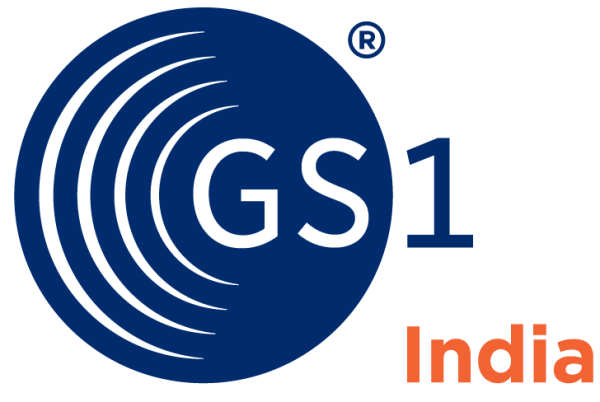In today’s consumerist economy, the sale of a good or service is not merely a transaction – it is a brand promise that what is being sold to a consumer is genuine. The idea that a product isn’t what its seller claims it to be is highly detrimental to consumer perception. The trust that is built gradually over time depletes instantly and damages the brand, delivering a possibly fatal blow to future sales.
Long term sales, an important parameter of overall business success, is compromised when a consumer is given a product that is inauthentic, inferior, or unsafe. A brand’s social dimension, defined by the information shared by consumers online and through word-of-mouth, also takes a hit. With their aggressive focus on product data quality, today’s consumers are also acting as activists, taking action against brands that do not deliver on what they promise.
Counterfeit products like medicines, faulty medical devices, contaminated foods and unreliable sourcing practices threaten the safety of the public and erode consumer confidence in the brand and destroy its reputation.
Counterfeit medications, faulty medical devices, contaminated foods and unsustainable sourcing practices threaten public safety, waste precious natural resources, erode consumer confidence, and destroy brand reputation. If companies refuse to invest in due diligence, they will suffer the brunt of superfast exchange of information about their products on social/ media and its adverse effects on the brand image. Along with affecting those who sell through shopping websites, brick-and-mortar retail will also be affected. Consumers will instantly switch their loyalties to companies who can build and sustain a sense of trust and transparency among consumers.
Traceability is the ability to verify the history, location or status of an item by means of documentation. In the process of traceability, serialization along with unique identifiers are assigned to consumer goods/complex medical devices as the first step towards complete, end-to-end visibility over supply chains.
Disruptive technologies, such as artificial intelligence, the Internet of Things, blockchain and collaborative platforms, can take traceability systems to another level by offering detailed reports on any product’s status and movements and creating direct links between the various stakeholders along the supply chain, low taper from producers to end users.
Traceability can be adapted to any industry. In fact, some sectors, such as the pharmaceutical industry, are subject to legislation that requires it, such as the European Union’s Falsified Medicines Directive (EU FMD) and the United States Drug Supply Chain Security Act (DSCSA).
GS1 Traceability Service:
GS1 India, a supply chain standards organization, has launched its traceability service for businesses. The service seeks to provide brands with complete track and trace of their products across the supply chain.
Created in response to growing demands of establishing end-to-end traceability of the products in the supply chain and the consumers’ questions on the product origin, the service enables brands to gain end-to-end supply chain visibility and an ability to give access to this information to consumers for product verification.
Based on the principles of linking physical movement of good with the information flow, it ensures product information transparency. Besides, traceability also helps in reducing counterfeits by enabling counterfeit detection right at its source.
